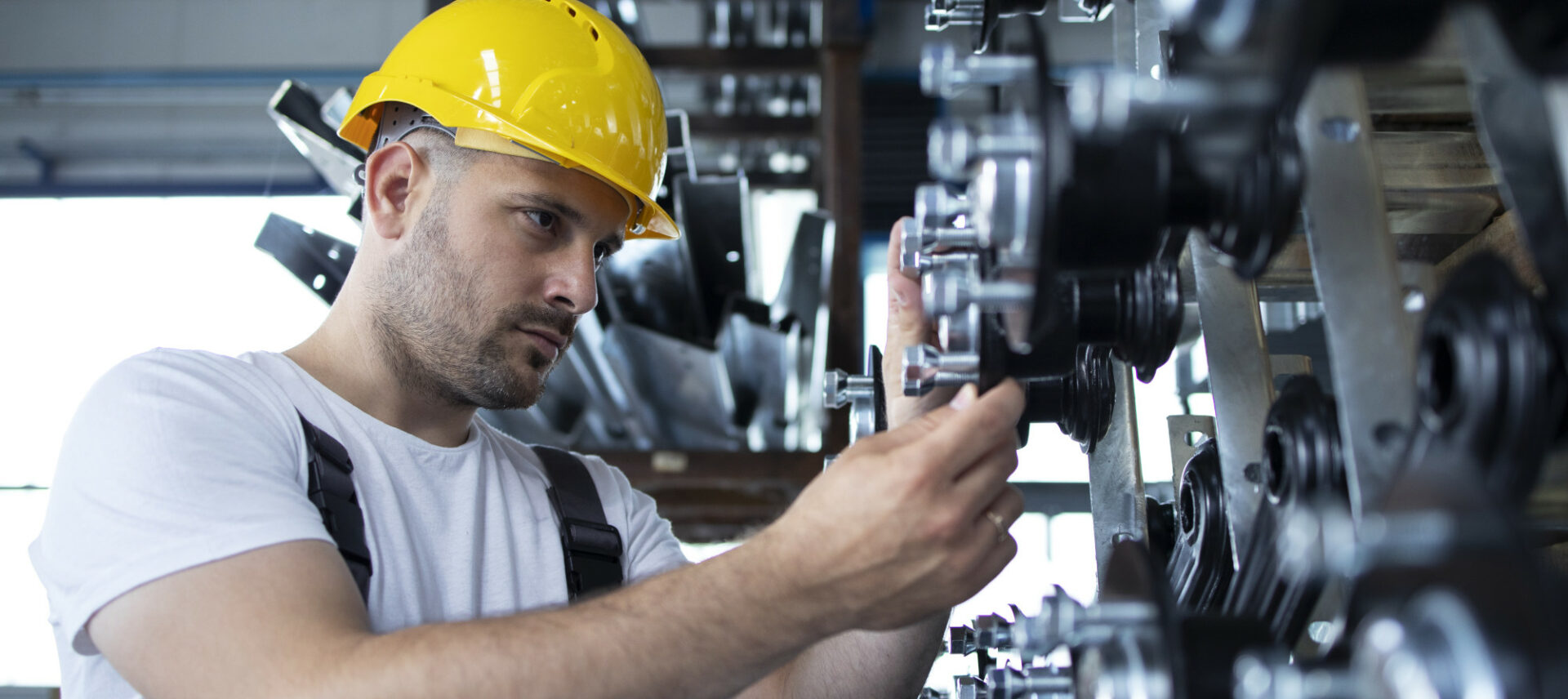Italian manufacturing’s investments in Machinery and Servitization

Italian manufacturing still invests in plants and machinery (tangible assets), despite the global trend moving towards intangible assets. The Italian mechanical sector, an integral part of manufacturing, instead follows the global trend, focusing on intangible investments.
Mechanics drives innovation
This tendency is revealed by the second Innovation Italy 2022 report by Assoconsult. This report highlights how Italian mechanics sets a positive example of investments in intellectual property intangible assets, underlining the importance of patenting. Presented in Naples in June at the Union of Industries, the report points out how Italian manufacturing demonstrates a complex and sophisticated level of productive competencies.
In particular, mechanics is the sector that invests the most in innovation, both in terms of developing proprietary technological knowledge (55.5% of companies) and acquiring technological knowledge incorporated in machinery and devices (53.3%). These data show that this sector has a higher potential for product and process innovation, with a markedly pronounced innovative footprint in information systems and marketing.
Discover Work Instructions for companies that manufacture machinery and provide field maintenance and how to simplify customer service with Service Hub.
Remote support services in the manufacturing industry
In transitioning from a product sales model to a service sales model known as servitization, the Italian manufacturing industry can use interactive Work Instructions and other software solutions such as Service Hub to support digitization. Work instructions software and web portals for customer support allow companies to offer 24/7 support services, generating additional and recurring profits. This is particularly beneficial for companies that export their machinery to different parts of the world and must manage support across different time zones.
The Assoconsult survey sheds light on a sector trying to keep up with the times, investing in innovative technologies, and looking for new business models.
Companies invest heavily in developing new products, operations, and supply chains that consider these determinants, often requiring advice on regulatory aspects related to monitoring, writing structured programs, and accessing calls, financial instruments, and public or European Union funds. In conclusion, the future challenge will be to balance these investments with the need to maintain a high level of expertise and specialization in the manufacturing sector.


